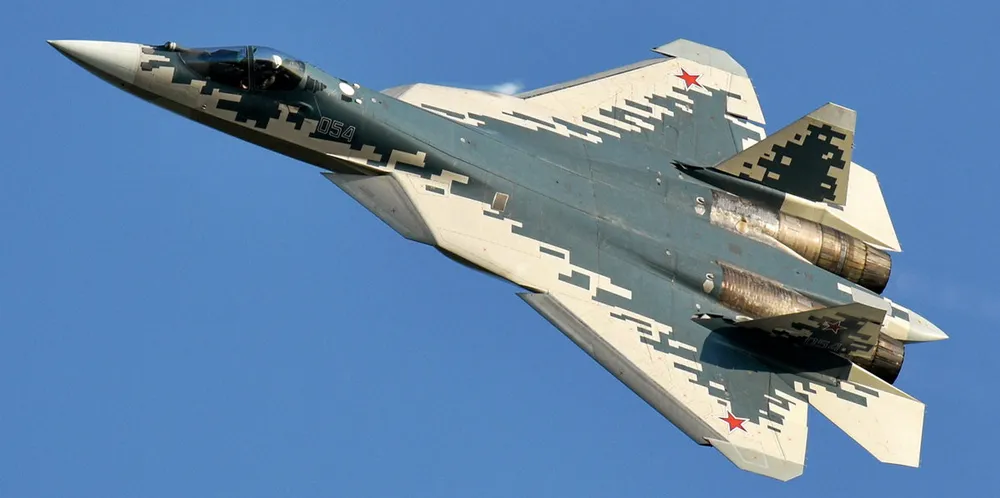Alaska pollock industry asks US Senate for military back-up after warplanes buzz American Seafoods, Starbound vessels
'We need to ensure that the events of August 26 never happen again,' executive testifies.

'We need to ensure that the events of August 26 never happen again,' executive testifies.
